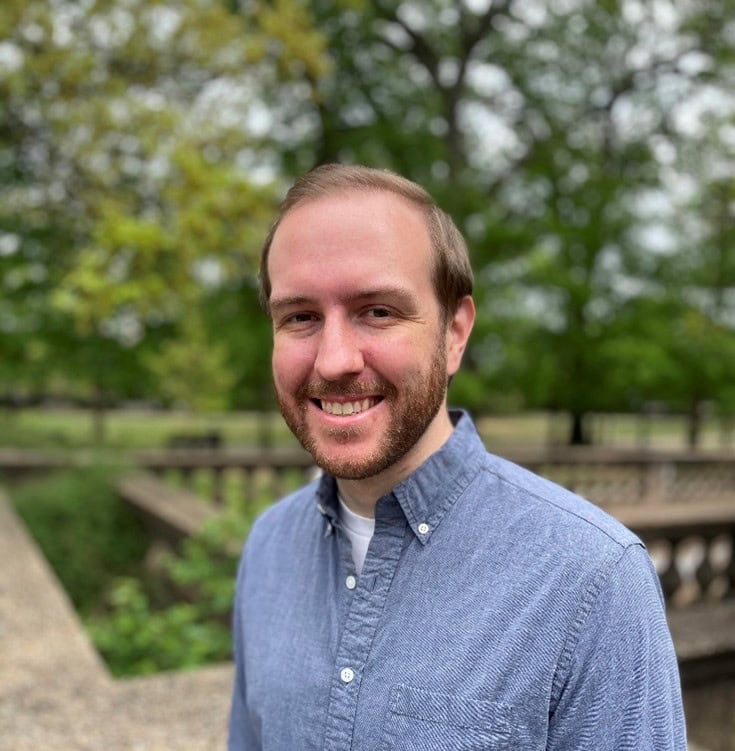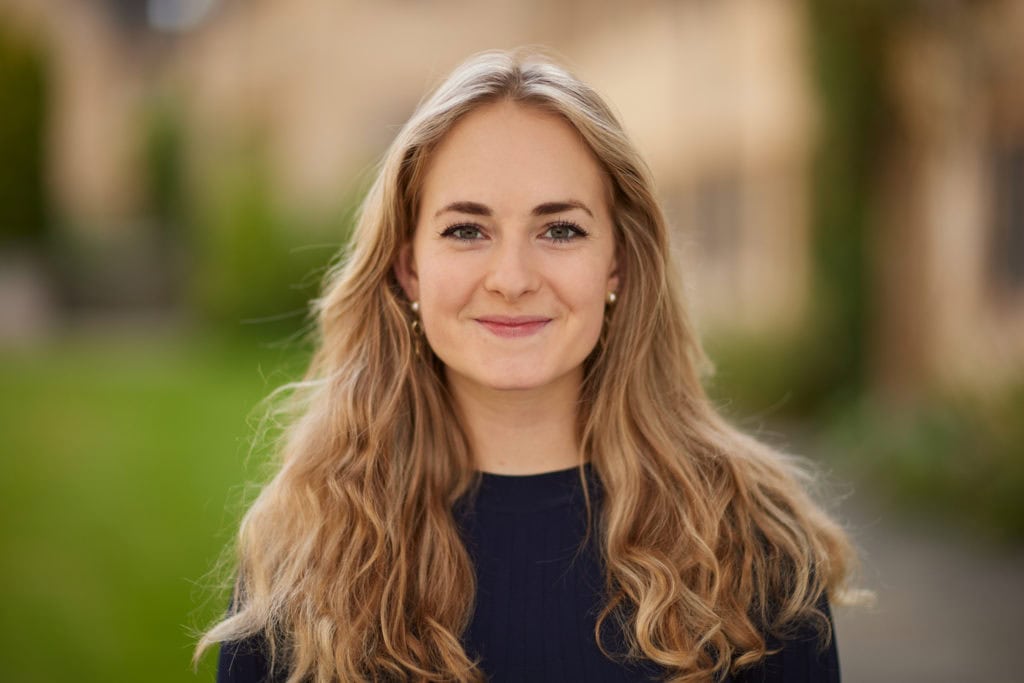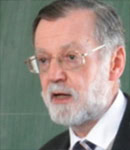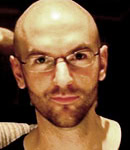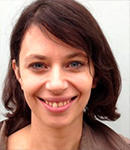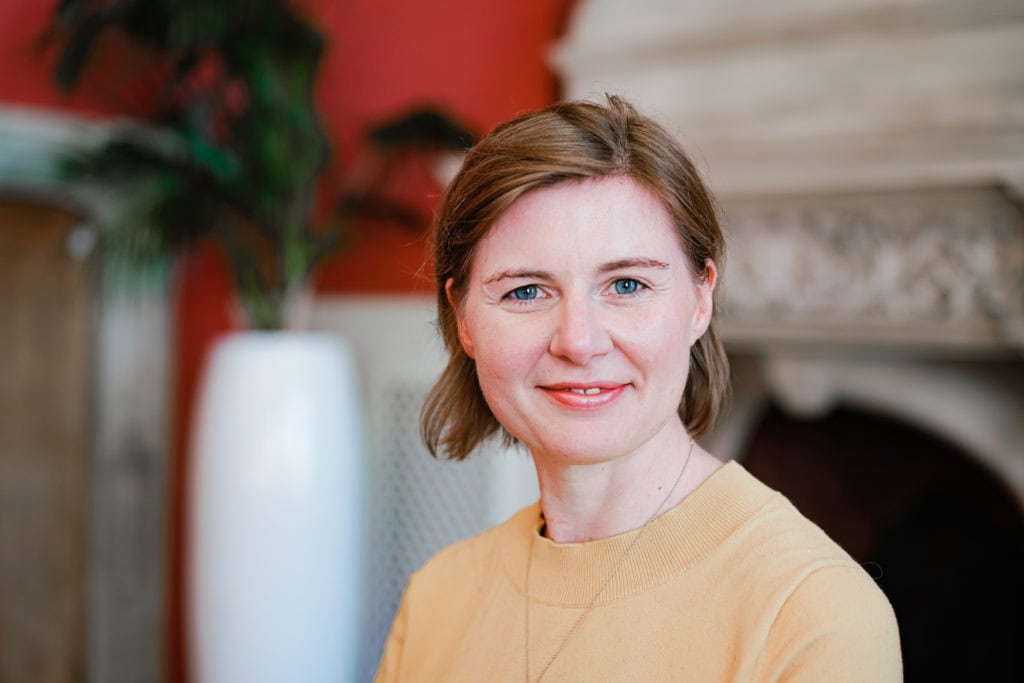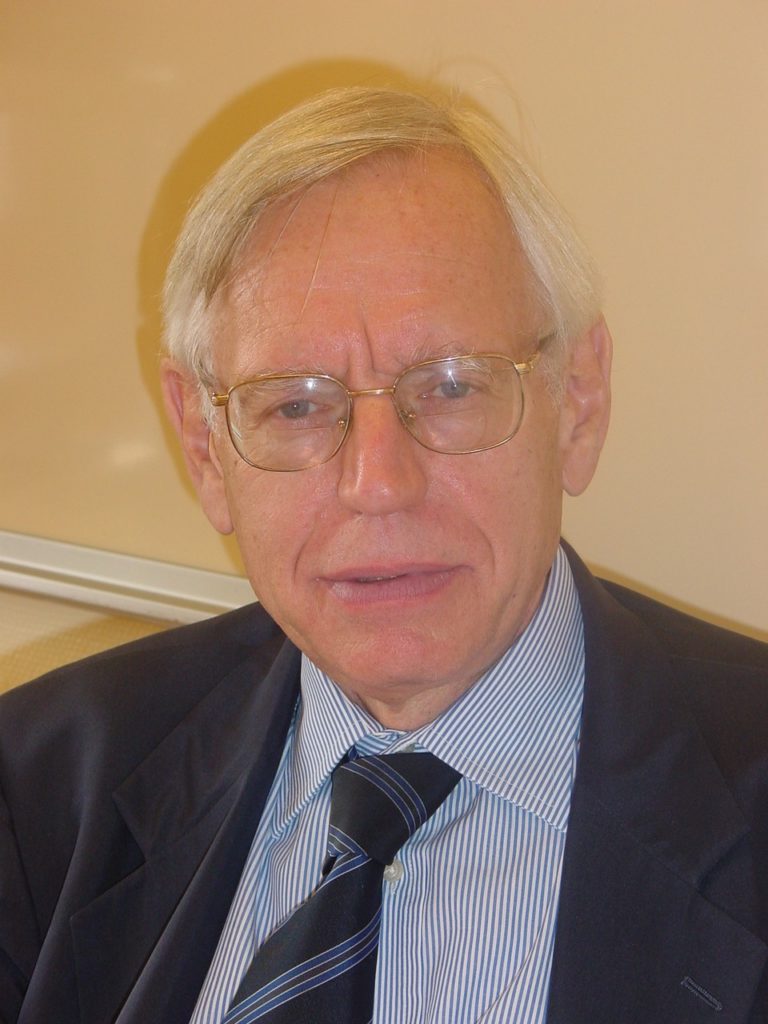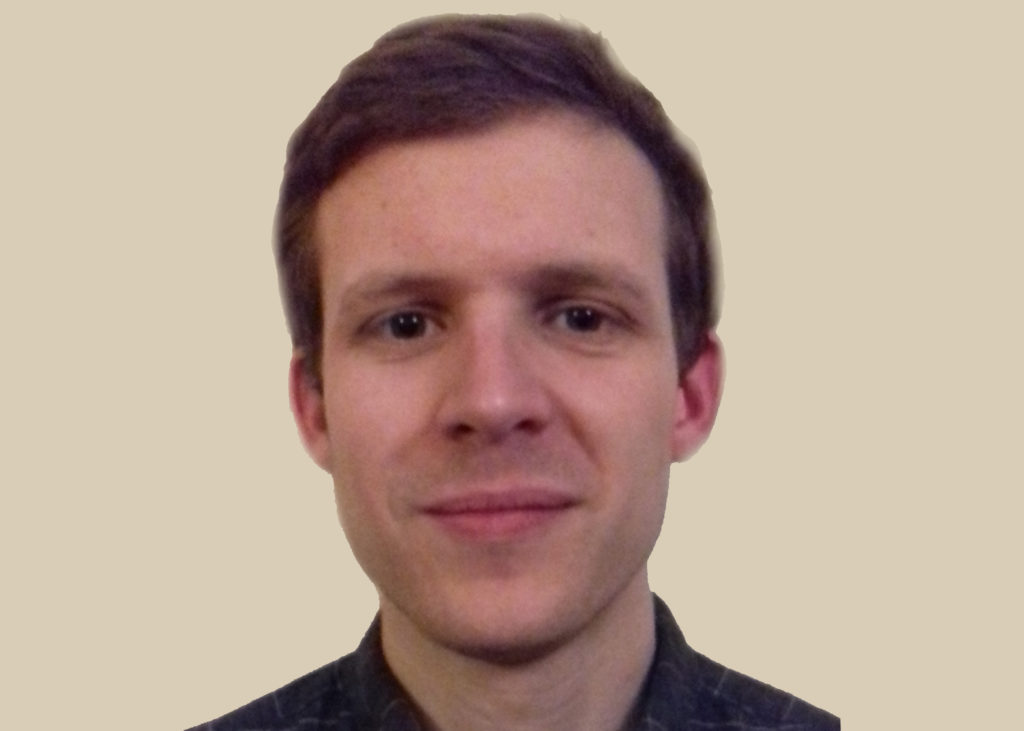The Philosophy, Politics & Economics (PPE) course has a long and distinguished history at Magdalen. Former students have gone on to become leading figures in government, academia and the private sector.
It is a three-year course that provides a general introduction to each subject, whilst still allowing for specialisation later on. All three subjects are studied in the first year, after which students may continue with any two or all three. It allows the study of combinations of related topics not possible in most courses – for example, Game Theory and Formal Logic, or Ethics and Political Sociology. Magdalen usually admits 9 students per year to read PPE. The College is fortunate to have two Tutorial Fellows in each of the three subjects, meaning that core teaching is generally done within College and tutorial sizes remain small. More detail on the syllabus and course structure for PPE can be found on the University website.
Philosophy
The value of studying Philosophy is that it teaches you to think constructively about the most basic and fundamental questions, like how one should live one’s life, and how we ought to think when we argue or frame our understanding of the world. Such questions are difficult to answer, but it is worth looking for answers – quite often we can at least show that some suggested answers are wrong.
In the first year of the Philosophy course you study Moral Philosophy, General Philosophy, and Logic. Each of these leads on to things that you can study further in the other two years. Moral Philosophy deals with things like the nature of right and wrong, and whether there is something – perhaps happiness – that we ought always to be promoting. General Philosophy explores questions about the nature of reality and how much we can ever know about it, considering for instance the relation between mind and body, and whether or in what sense the will is free. The Logic section of the course introduces you to formal logic, which helps you to assess other people’s arguments and make your own much clearer, and leads into questions about the nature of human thought and how far it can be rendered systematic.
After the first year you study Moral and General Philosophy further, but you can develop your interests in different ways. There are optional papers that allow you to study the nature of mental states and of human action; or to study how we succeed in communicating meaningfully and the relation between logic and language. You can examine the methods used by scientists, which are often taken uncritically for granted; or explore the defensibility of religious belief. Alternatively, or as well, you can put together a range of different philosophical questions by looking closely at the work of one or more great philosophers – from Plato to Wittgenstein – whose ideas remain challenging for contemporary discussion.
These things should help you to see why the three subjects in PPE are usefully studied together. Reflection about methodology can be applied to Politics and Economics, as well as to Philosophy itself; and questions in Moral Philosophy about what is good and what is just, and about what goals we should aim at, have clear implications for both subjects, for example through Political Theory so far as Politics is concerned, and for Economics in contributing to the debates about the conceptions of welfare and rationality.
Magdalen’s Fellows in Philosophy are Professor Paul Elbourne and Professor Bernhard Salow, who both have a wide range of philosophical interests. They are assisted by a retired Fellow, Dr Ralph Walker. We strongly believe in teaching through tutorials or small groups, and in making the arrangements as flexible as we can to meet the specific needs of the students concerned.
Politics
There are a number of non-exclusive strands to the Politics side of the PPE course. The politics of International Relations addresses questions of peace and war, of how countries compete and cooperate. You might spend a week reading to answer the question ‘Can soft power ever be real power?’ In Comparative Government the focus is on why countries vary in their democratic institutions and what effects these institutions can have. This year students wrote essays examining the questions of ‘why non-democracies hold elections, what shapes democratic survival, and what role electoral systems play in structuring the party system’. Political Theory addresses how politics ought to operate to satisfy justice, liberty, democracy amongst other values, as well as interrogating those concepts. One of many questions students considered in tutorials last term is ‘In what circumstances, if any, can one be justified in breaking the law?’ Students can also take classes in British Politics and Government, examining British political history, and Political Sociology, which covers a range of topics, including voting behaviour and political attitude formation.
In the first year of the politics course we focus on an introduction to the Theory and Practice of Democracy. There are a range of courses available for study in the second and third years, from all of the branches of the study of politics mentioned above. In fact, what this means is that you can study almost any aspect of politics with specialist tutors from across the University. Magdalen’s Fellows in Politics are Professor Scott Williamson and Professor Paul Billingham, who specialise in comparative government and political theory respectively.
Economics
The Economics course is split between Microeconomics and Macroeconomics in the first two years, with Quantitative Economics also introduced in the second year. Microeconomics is concerned with individual decision-making and its effects on markets – for instance, what is a rational decision for a consumer, and is it better to have one firm in an industry or multiple competing firms? Macroeconomics, meanwhile, focuses on the operation of the whole economy – for instance, is there a trade-off between inflation and unemployment, and how should governments conduct monetary and fiscal policy? Quantitative Economics overlaps with each of these areas, but seeks to use data to learn more about them. In their final year, students select from a variety of option papers; these are taught by specialists around the University, examples including Economics of Developing Countries, Economics of Industry and Money & Banking.
The teaching of Economics here is a combination of lectures and tutorials or classes, with both written and mathematical assignments set each week. Magdalen’s Fellows in Economics are Professor Tom Norman and Professor Jennie Castle, who specialise in Game Theory and Econometrics respectively. The course provides both mathematical and conceptual training, and is a basis for both further study and a variety of careers. Further information is available at the Economics Department’s website.
Entry requirements
Test
All candidates must take the Thinking Skills Assessment (TSA).
Written work
None required.
Specific subjects
No specific subjects are required, although Mathematics is encouraged to at least A-Level, or another equivalent.
Deferred entry
Applications for deferred entry may be considered.
